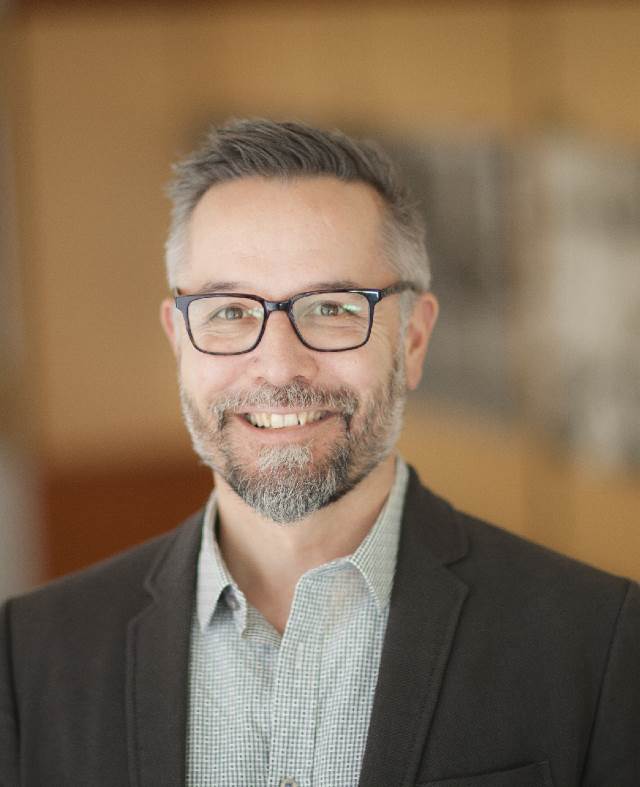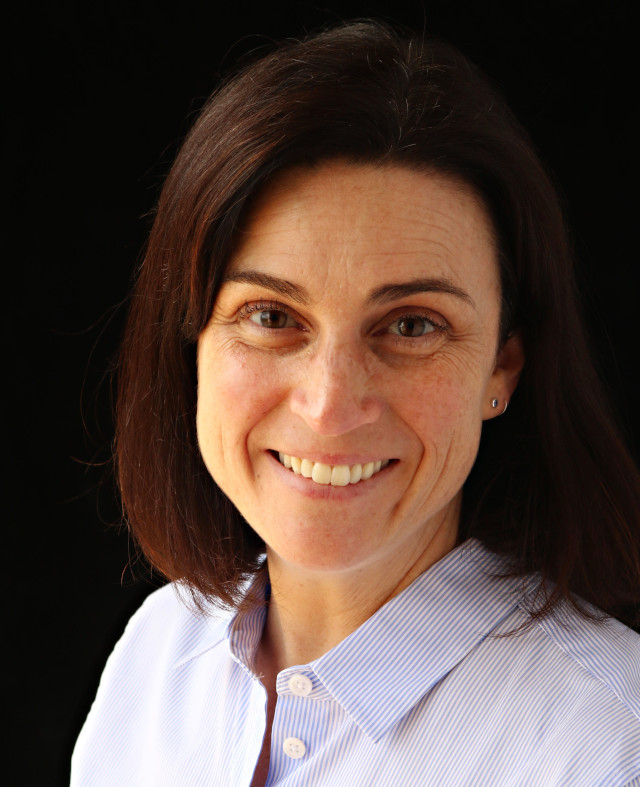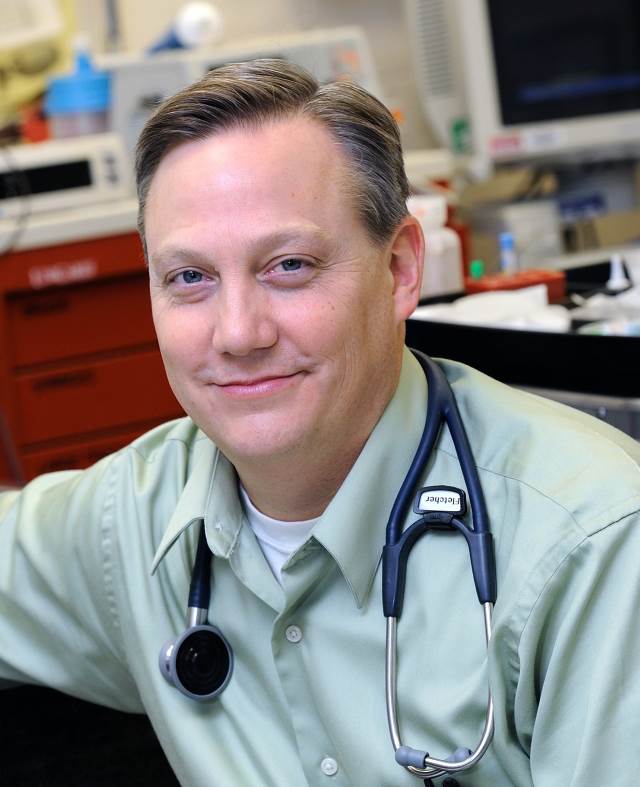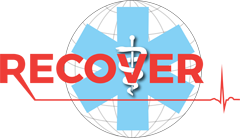
Manuel Boller, Dr med vet, MTR, MANZCVS, DACVECC
Cochair
Dr. Boller graduated from veterinary school at the University of Zurich, Switzerland in 1997, followed by work in private practice, a doctoral thesis and an anesthesia residency. He then pursued a residency in veterinary ECC at the University of Pennsylvania and stayed on as a lecturer in ICU at PennVet. He then undertook a translational research fellowship at Penn’s Institute for Translational Medicine and Therapeutics (ITMAT) leading to a Masters in Translational Research degree in 2010, while concurrently conducting research at the Center for Resuscitation Science of Penn’s Medical School from 2006 to 2012. He is now a Senior Lecturer in Emergency and Critical Care at the Faculty of Veterinary and Agricultural Sciences of the University of Melbourne, serves as a member of the scientific committee of ACVECC and the ANZCVS ECC Chapter and is co-chair of the RECOVER Initiative and other collaborative research initiatives to advance evidence based veterinary medicine.

Jamie Burkitt, DVM, DACVECC
Cochair
Jamie Burkitt graduated from the University of California, Davis, in 2000 and became a Diplomate of the American College of Veterinary Emergency and Critical Care in 2005. Since that time, she has worked in university and private practice across the United States. She is an Assistant Professor of Clinical Small Animal Emergency and Critical Care at UC Davis. Her professional interests are prevention of recurrent feline urethral obstruction, endocrine emergencies, and cardiopulmonary resuscitation. She enjoys traveling and spending time with her family.

Daniel Fletcher, PhD, DVM, DACVECC
Cochair
Dr. Fletcher has been on the faculty of the Cornell University College of Veterinary Medicine since 2006. After receiving a BS in Electrical Engineering from Drexel University and a PhD in Bioengineering from the University of California Berkeley/San Francisco, he obtained his DVM from the University of California at Davis. He then completed a rotating internship and emergency and critical care residency at the University of Pennsylvania. He has received multiple teaching awards, including the 2020 Zoetis Distinguished Teaching Award and is co-chair of the RECOVER Initiative, which published the first evidence-based veterinary CPR guidelines. His research interests include disorders of fibrinolysis, epilepsy, and the use of immersive simulation in teaching. He has been building simulators for veterinary education since 2009 and opened the Tetlow and Roy Park Innovation Lab, an immersive simulation center at Cornell in the fall of 2015.

Kenichiro Yagi, MS, RVT, VTS (ECC, SAIM)
Program Director
Over the 18 years in practice, Ken has discovered and refined his role as a veterinary technician by promoting compassionate and progressive care for the patients and their family. He obtained his VTS certification in emergency and critical care as well as small animal internal medicine and obtained his master’s degree in Veterinary Science. He is currently the ICU Manager and Blood Bank Manager at Adobe Animal Hospital. Ken has co-edited the Manual of Veterinary Transfusion Medicine and Blood Banking and has published over 25 text chapters and articles in publications such as the Veterinary Team Brief and Today’s Veterinary Nurse. He speaks internationally and has given over 800 presentations.
Ken works to encourage further recognition of the vital role of the veterinary nurses and technicians through work with organizations such as the National Association of Veterinary Technicians in America co-chairing the Veterinary Nurse Initiative, and serving as a board member of the Veterinary Emergency and Critical Care Society, the Academy of Veterinary Emergency and Critical Care Technicians, and the Veterinary Innovation Council. He pursues these goals by showing the value of the profession’s perspective in veterinary medicine.
Ken invites everyone to ask “Why?” to understand the “What” and “How” of our field, and to constantly pursue new limits as veterinary professionals and individuals.
